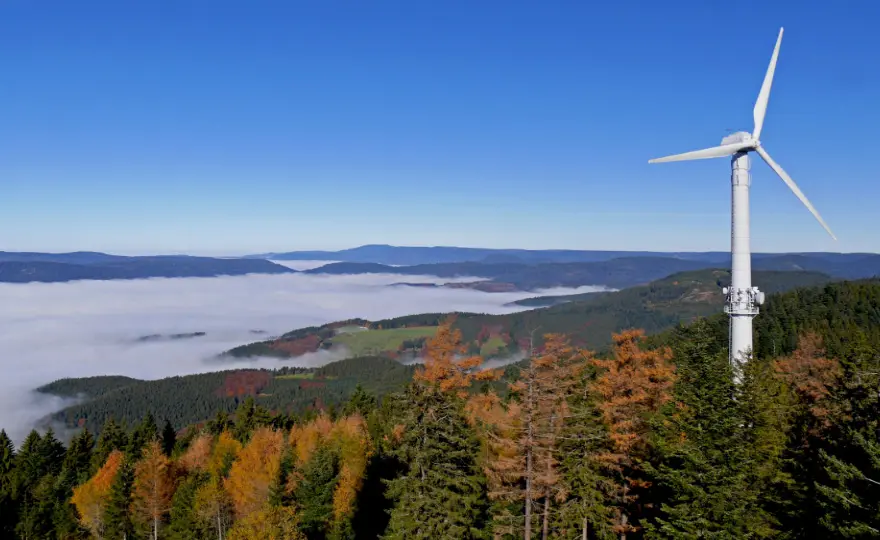ClientEarth Communications
15th September 2017


A new report shows that large-scale woodburning for energy will be more expensive than onshore wind and solar by 2020.
In Money to Burn II, Natural Resources Defense Council (NRDC) also claims that by 2025, it will in fact be cheaper to build new large-scale solar complexes and offshore wind farms than to run existing woody biomass facilities.
Environmental lawyers ClientEarth say this adds to the case for an end to subsidies given to power plants like Drax, which is converting units of its coal-fired power plants to burn biomass instead.
The environmental law charity is also calling on the government to exclude biomass from its core clean energy plans, due to be released in the coming weeks.
ClientEarth lawyer Anna Heslop said: “Wood-burning power stations like Drax have benefited from astronomical amounts of money from the state for years – and will continue to benefit, to the tune of around £1.5 million per day all the way to 2026. This is in spite of the spurious ‘green’ credentials of burning wood for energy.
“Subsidising large scale wood burning power stations means a lock-in to technology that’s dirtier and costlier than wind and solar power. We must do better with our public money.
“The UK Government’s long-awaited Clean Growth Strategy needs to take a strong stance on power stations like Drax. Climate goals must be met, urgently, and for this we can champion only the cleanest energy.”
The UK Government has launched a consultation on cutting its support to biomass power production via Renewables Obligation Certificates (ROCs).